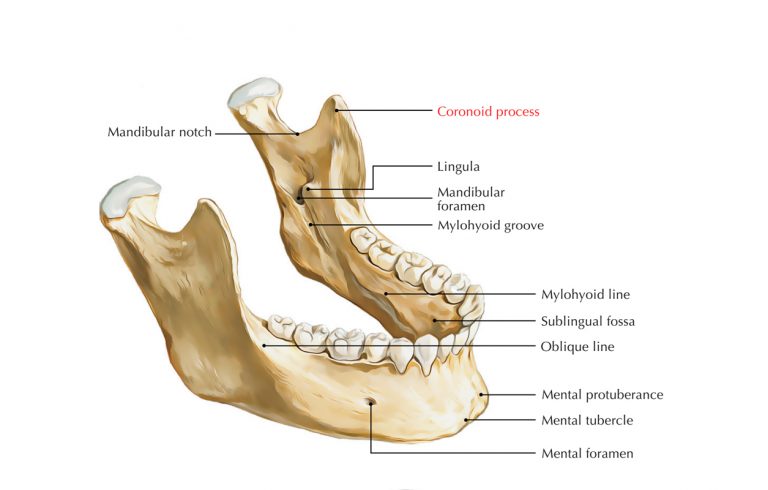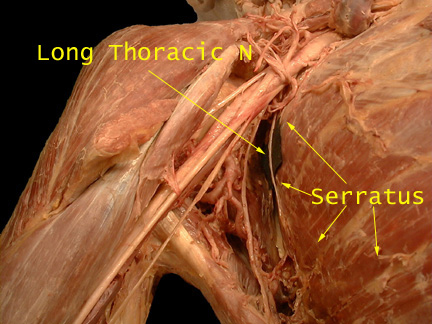Why Medicare Is Important For Seniors
Trying to understand the complexities of healthcare during retirement can be overwhelming for many seniors, especially as the costs associated with medical care continue to rise at an alarming rate. However, Medicare, a cornerstone of the U.S. healthcare system, offers a lifeline to over 60 million seniors across the nation, providing a robust framework of benefits designed to protect your health and provide financial security during your golden years. Let’s take a closer look at how Medicare works and why it’s so important for seniors.
Medicare’s Core Components
Medicare, a federal health insurance program, is specifically tailored for individuals who are 65 years of age or older, in addition to certain younger individuals who meet specific disability criteria. The program is intricately designed, consisting of four primary parts: Part A (Hospital Insurance), Part B (Medical Insurance), Part C (Medicare Advantage Plans), and Part D (Prescription Drug Coverage). Each part plays a pivotal role in ensuring comprehensive coverage, from hospital stays and medical services to prescription medications and preventive care, thus allowing seniors to navigate their healthcare with confidence and peace of mind.
Understanding the breadth and depth of Medicare’s coverage is very important. Part A, for example, primarily covers inpatient hospital care, skilled nursing facility care, hospice care, and some home health services. Remarkably, for most seniors who have contributed to the Medicare system through payroll taxes over their working years, Part A comes without a monthly premium, offering significant financial relief. On the other hand, Medicare Part B requires a monthly premium, determined by the beneficiary’s income, and covers doctor’s visits, outpatient care, medical supplies, and preventive services. These two parts form the core of Medicare’s coverage, designed to protect seniors from the soaring costs of healthcare.
Medicare Part C, or Medicare Advantage, presents an alternative to Original Medicare by bundling Parts A and B with additional benefits, such as dental, vision, and hearing coverage, all under one plan offered by private insurance companies approved by Medicare. Additionally, some Medicare Medicare Advantage plans also include a senior flex card to help you manage out-of-pocket expenses.
Part D adds another layer of coverage, focusing on prescription drug costs, which are a significant concern for many seniors managing chronic conditions. This component of Medicare is especially crucial as it directly addresses the escalating costs of medications, ensuring that seniors have affordable access to the drugs necessary for their health and well-being. By offering a range of plans through private insurers, Part D provides flexibility and choice, allowing beneficiaries to select a plan that best meets their prescription needs and financial situation.
Understanding Premiums
Medicare premiums are monthly charges that individuals pay for their healthcare coverage under the Medicare program. Part B has a monthly premium that varies based on the beneficiary’s income, with the amount set annually by the Centers for Medicare & Medicaid Services (CMS). While Part A often does not require a premium for those who have paid Medicare taxes for a certain number of years, it can impose a premium on those who haven’t met this criterion.
For additional coverage, beneficiaries can opt for Medicare Advantage (Part C) and Medicare Prescription Drug Coverage (Part D), both of which typically involve separate premiums. These premiums differ based on the specific plan chosen, with Medicare Advantage plans bundling Parts A and B benefits and potentially offering extra services, which can affect the premium cost. Part D premiums are influenced by the plan’s drug coverage specifics and formulary. Premiums for Parts C and D can vary annually. It’s advised for enrollees to review their plan options during the annual enrollment period to ensure they select a plan that meets their needs and budget.
Key Medicare Benefits
One of the most significant benefits of Medicare is its universal coverage for seniors, guaranteeing access to essential healthcare services irrespective of pre-existing conditions or financial status. This universal coverage is a cornerstone of Medicare, offering peace of mind and security to seniors who might otherwise face the daunting prospect of uninsured medical expenses. With Medicare, seniors have the assurance that their health needs will be met, allowing them to focus on enjoying their retirement years without the burden of healthcare costs.
Medicare also offers substantial financial relief for seniors by covering a significant portion of healthcare costs. This coverage is especially crucial for those living on a fixed income, as it mitigates the financial impact of medical expenses, allowing seniors to allocate their resources to other essential aspects of their lives. Furthermore, for those who qualify, Medicaid can provide additional financial assistance, covering premiums and costs not addressed by Medicare, thus offering a comprehensive safety net for the most vulnerable seniors.
The expanded access to medical care provided by Medicare is another critical benefit. With coverage for a wide range of healthcare services, from routine check-ups to specialized treatments, Medicare ensures that seniors can obtain the medical attention they need without undue financial hardship. This access not only promotes better health outcomes but also supports a higher quality of life, enabling seniors to maintain independence and engage more fully in activities they enjoy.
Final Thoughts
Medicare represents a vital component of the healthcare landscape for American seniors, offering a comprehensive suite of benefits designed to protect their health and financial well-being. From hospital stays and medical services to prescription drug coverage and preventive care, Medicare provides a foundation of support that enables seniors to survive the challenges of healthcare in retirement. Understanding the nuances of Medicare’s coverage, premiums, and operational mechanisms is essential for maximizing these benefits. Be sure to speak with a licensed agent if you have any questions about Medicare or need further assistance.







